Vice-President of India Releases “Masadir-i- Seerat-i-Nabwi
(Volume I & II)” at an IOS Function
November 20, 2015 at Conference Hall, Vice President's House, 6, Maulana Azad Road, New Delhi-110 011
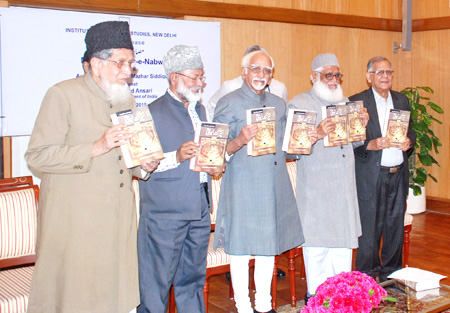
New Delhi: The Vice-President of India, M. Hamid Ansari, released the book Masadir-i- Seerat-i-Nabwi {sources of the biographies of the Prophet (SW)} Volume I & II written by Prof. M. Yasin Mazhar Siddiqui, at a function organised by the Institute of Objective Studies at the Conference Hall, Vice-President’s House here on November 20, 2015.
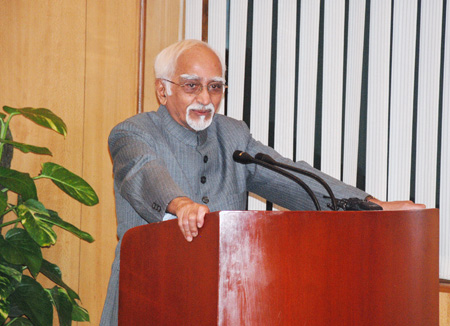
Releasing the book, he said it was a research work with erudition, adding that it would be fruitful for students and teachers alike. They would have an opportunity to benefit from the sources of the biographies of the Prophet (SW). He hoped that on the completion of the project undertaken by the IOS, an encyclopedia of Islam, would be in place. He said that the Islamic chroniclers of the history of Islam who found a place on the very first page of volume I, would be a subject of further research. He made out a case for continuous research on the subject and the publication of more and more books on it. He said that such authors and history should not be confined to shelves; they must come out in order to benefit the seekers of knowledge. Frankly admitting that he was never a student of history and Islamic Studies, he said that he always tried to get a whiff of fresh air from history and Islamic Studies. Describing the present work as a monumental one, he said that it must be widely acclaimed.
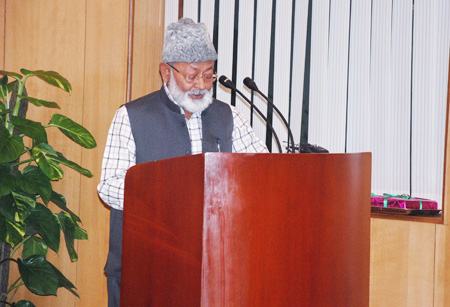
Chairman of the IOS, Dr. M. Manzoor Alam remarked that the release of the book by the Vice-President was a historic moment for the IOS. He informed that the Institute had completed as many as 400 projects on the promotion of knowledge and research since its inception in 1986. Besides, about 1200 regional and international conferences had so far been organised. The Institute had also published about 400 books on various subjects, he added.
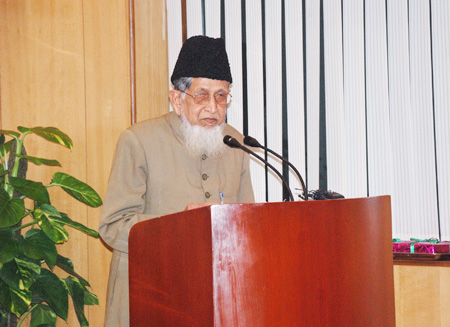
Speaking on the occasion, Amir of Jamat-i-Islami, Maulana Syed Jalaluddin Umri hailed the book as an effort to provide it in Urdu and establish the worth of the sources. Spokesman of the Jamiatul Ulema-i-Hind, Maulana Abdul Hameed Nomani, held that the book had no parallel in other languages. A total of 49 sources involving 275 books were used to discuss the subject in the work which was the result of intensive study. He said that the Prophet (SW) who had been chronicled, was the most exalted figure of history, and continued to be so even today. That was the reason why he was an ideal while other historical figures could not hold the ground and stopped short of guiding as well as inspiring society. In that perspective, the message of Islam, the messenger and the Prophet (SW) were all there before the society in their original form, he concluded.
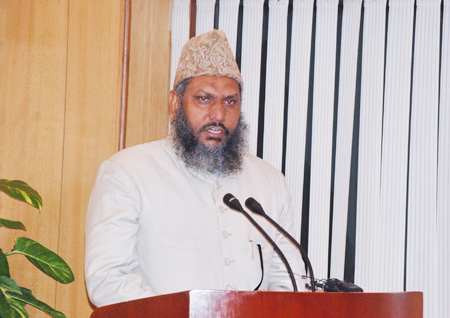
General Secretary of Jamiat Ahle Hadith, Maulana Asghar Imam Mehdi al-Salafi, lauded the efforts of the author by stating that the Seerah of the Prophet (SW) was worthy of emulation by society and the world. Prof. Mohsin Usmani Nadvi held that Seerah was a subject that would continue to attract scholars to work on it so long as the world existed. He said that Prof. Yasin Mazhar Siddiqui’s book, Masadir-i- Seerat-i-Nabwi, was one of the finest works on Seerah.
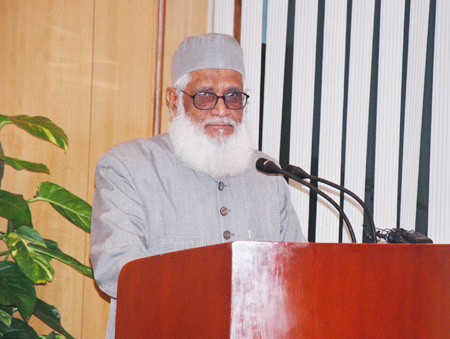
Shedding light on the book, Prof. Siddiqui said that the work contained one source and two essays on each author. While one essay centered on Seerah, the other related to the life and times of the author and his style. The description was both critical and analytical. The second volume, he said, presented the subject-wise introduction to the source of Seerah, so that students, research scholars and Ulema might find the matter under particular heads.
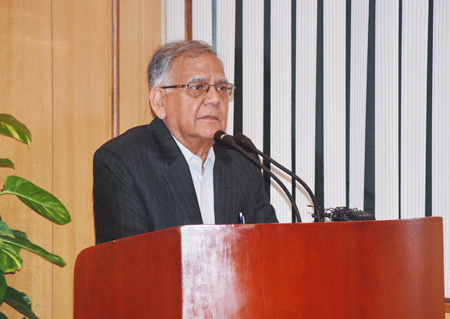
Prof. Z.M. Khan proposed vote of thanks.
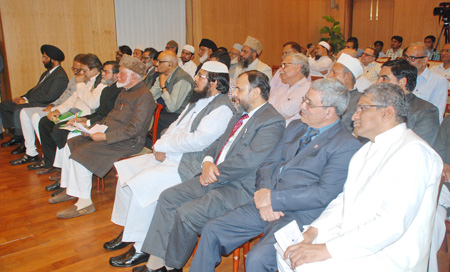
A number of scholars, social activists and prominent citizens were present on the occasion.
|